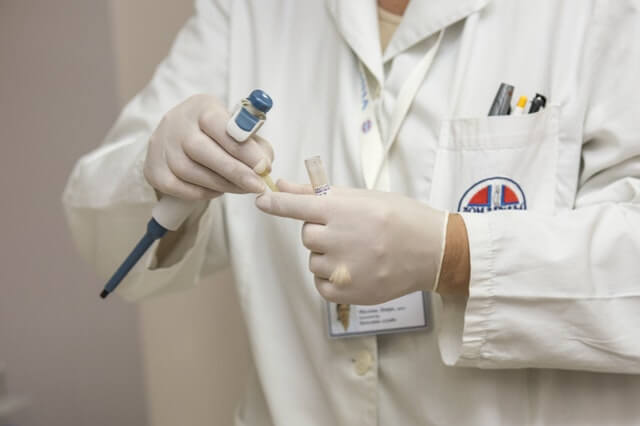According to the United States Department of Health and Human Services, over 116,000 people in the United States were on a waitlist for an organ transplant as of August 2017. About 20 people will die every day while waiting to hear that they have a match. If anything positive can ever be said about the growing number of overdose deaths in this country, one unexpected boon is a rise in the number of organs available. People who died from overdose went from being only 1.1 percent of all donors in 2000 to 13.4 percent in 2017.
Unfortunately, many more lives could have been saved, but a lot of organs from overdose donors went unutilized. There is no law or regulation specifically limiting organs from overdose victims being used, but there are regulations pertaining to increased risk donors. That means that the donor organs are at an increased risk for carrying diseases that may be passed on to the recipient, such as HIV, hepatitis B, and hepatitis C. The U.S. Public Health Service published new guidelines in 2013 laying out the types of exposures that can lead to increased risk.
In one study from Johns Hopkins University, 56% of overdose-death donors were labeled as increased infectious risk donors. As a result, their organs require specialized testing for HIV and hepatitis. In addition, the transplant recipient has to give special consent. Unfortunately, this process attaches a certain amount of stigma to organs from overdose deaths, meaning some people in desperate need of a transplant might pass on them.
According to data from the Scientific Registry of Transplant Recipients, between January 2000 and September 2017 there were 7,313 overdose-death donors resulting in 19,897 transplants. Patient survival and organ function were mostly identical to cases when donors died due to trauma, and the same as or better than cases when the donor died due to medical causes, like heart attack or stroke. Unfortunately, during that same period, 1,665 kidneys, 501 livers, 117 hearts and 23 lungs from overdose death donors were recovered and then discarded. The high number of kidneys in particular is due to the fear of hepatitis in drug users. Doctors say the risk of contracting hepatitis is actually quite small, and even if it is passed on to an organ recipient, there is a cure.
If you happen to be one of the people waiting for a transplant, it’s important to understand that the risk of contracting any infectious diseases from an overdose donor is very low. Also, to be blunt, there’s a high likelihood of death if no transplant at all is done.
When someone dies, their family can choose to donate their organs, and which ones they would like to donate. You can also sign yourself up to be an organ donor when you get a driver’s license, or by signing up on your state’s registry online.
If you or a loved one need help with quitting drugs or alcohol, consider Asana Recovery. We offer medical detox, along with both residential and outpatient programs, and you’ll be supervised by a highly trained staff of medical professionals, counselors, and therapists. Call us any time at (949) 438-4504.



